Government is not reason; it is not eloquent; it is force. Like fire, it is a dangerous servant and a fearful master
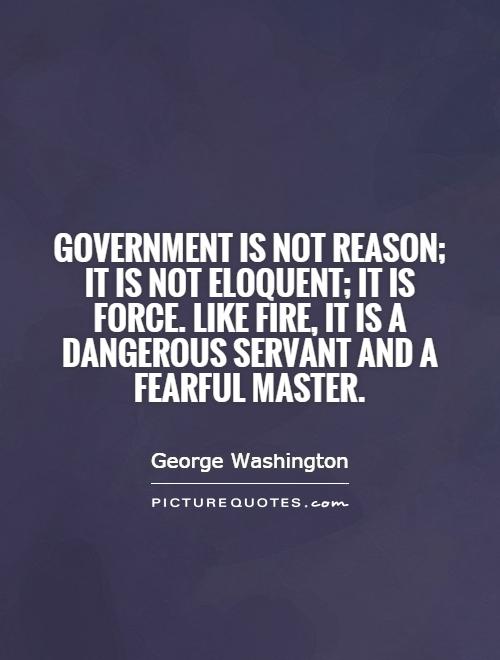
Government is not reason; it is not eloquent; it is force. Like fire, it is a dangerous servant and a fearful master
George Washington, the first President of the United States, understood the power and potential dangers of government. His famous quote, "Government is not reason; it is not eloquent; it is force. Like fire, it is a dangerous servant and a fearful master," reflects his belief in the importance of limited government and the need for checks and balances to prevent abuse of power.Washington's experience as a military leader during the American Revolution and his role in shaping the new government of the United States gave him a unique perspective on the nature of government. He knew that government, like fire, could be a powerful tool for good, but also a destructive force if not properly controlled.
Throughout his presidency, Washington worked to establish a strong but limited federal government that respected the rights of individuals and the sovereignty of the states. He believed in the importance of a system of checks and balances to prevent any one branch of government from becoming too powerful.
Washington's warning about the dangers of government as a "fearful master" is a reminder that those in power must always be held accountable to the people they serve. He understood that the temptation to abuse power was a constant threat, and that vigilance was necessary to prevent tyranny.

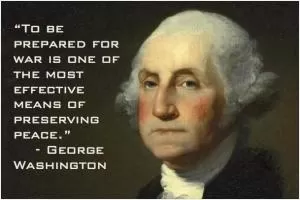
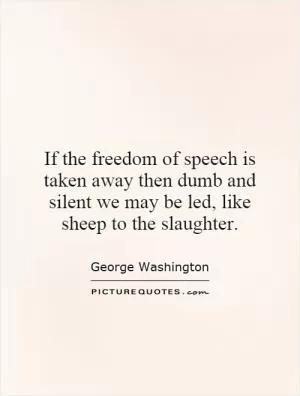
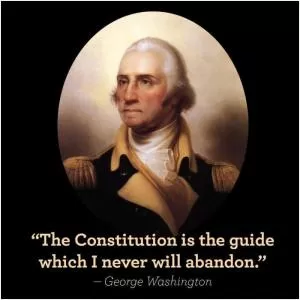
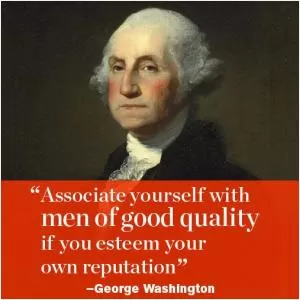
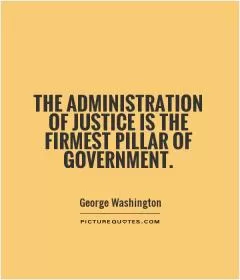
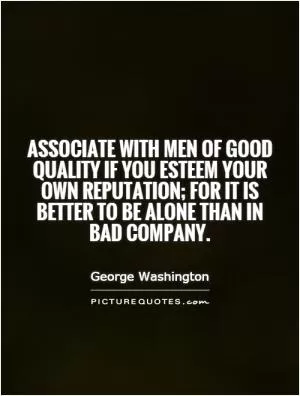
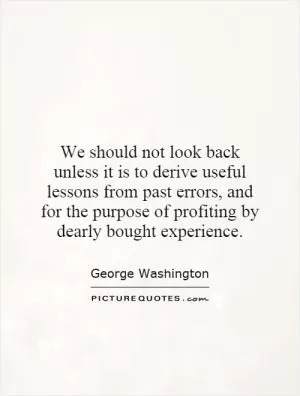
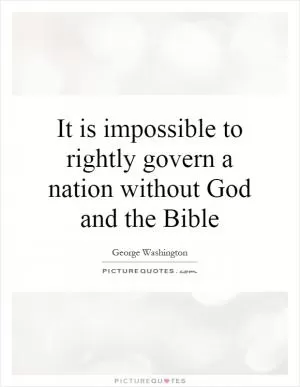
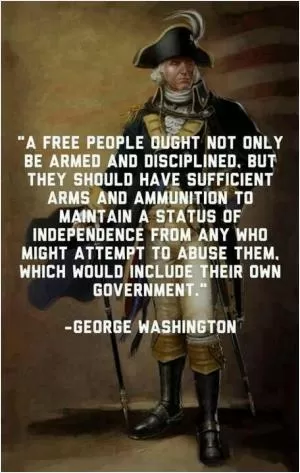
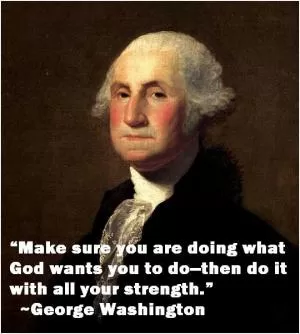
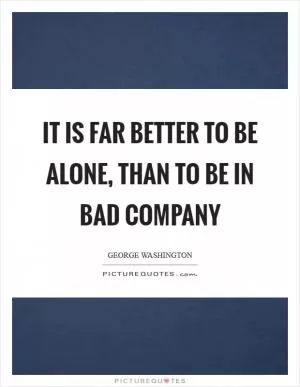
 Friendship Quotes
Friendship Quotes Love Quotes
Love Quotes Life Quotes
Life Quotes Funny Quotes
Funny Quotes Motivational Quotes
Motivational Quotes Inspirational Quotes
Inspirational Quotes